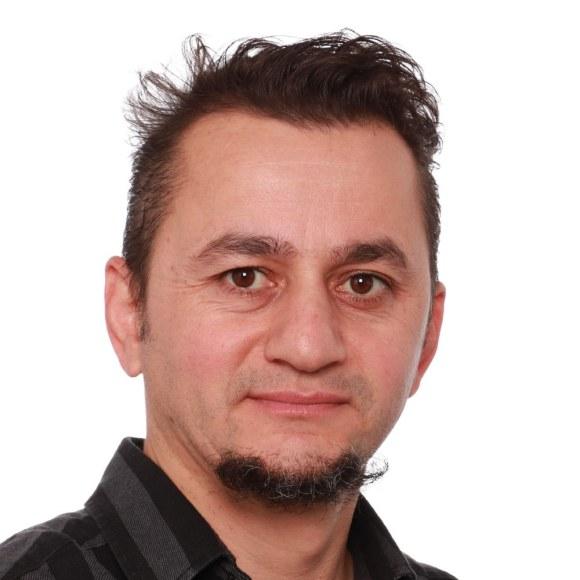

About me
I am currently a tenure-track assistant professor in Game-Based Learning at the Faculty of Education and Culture. I hold the title of a Docent in Multimodal Methods in Learning Sciences. I mainly apply experimental research designs in technology-enhanced learning contexts. My current research focuses on the utilization of multimodal data (e.g., electrodermal activity, heart rate, facial expressions, and video data) for understanding social cognition and social contagion in game-based and collaborative learning environments.
Research topics
Emotional contagion; physiological synchrony; leader-follower dynamics in collaborative learning; metacognition and metacognitive experiences in game-based learning; online measures of learning
Research unit
Research fields
Technology-enhanced learning; game-based learning; computer-supported collaborative learning; technology integration in education.
Selected publications
Dindar, M., Järvelä, S., Nguyen, A., Haataja, E., & Çini, A. (2022). Detecting shared physiological arousal events in collaborative problem solving. Contemporary Educational Psychology, 69, 102050.
Dindar, M., Ren, L., & Järvenoja, H. (2021). An experimental study on the effects of gamified cooperation and competition on English vocabulary learning. British Journal of Educational Technology, 52(1), 142-159.
Dindar, M., Järvelä, S., & Haataja, E. (2020). What does physiological synchrony reveal about metacognitive experiences and group performance?. British Journal of Educational Technology, 51(5), 1577-1596.
Dindar, M., Järvelä, S., & Järvenoja, H. (2020). Interplay of metacognitive experiences and performance in collaborative problem solving. Computers & Education, 154, 103922.
Dindar, M., Jarvela, S., Ahola, S., Huang, X., & Zhao, G. (2020). Leaders and followers identified by emotional mimicry during collaborative learning: A facial expression recognition study on emotional valence. IEEE Transactions on Affective Computing.
Dindar, M. (2018). An empirical study on gender, video game play, academic success and complex problem solving skills. Computers & Education, 125, 39-52.
Dindar, M., & Akbulut, Y. (2016). Effects of multitasking on retention and topic interest. Learning and Instruction, 41, 94-105.